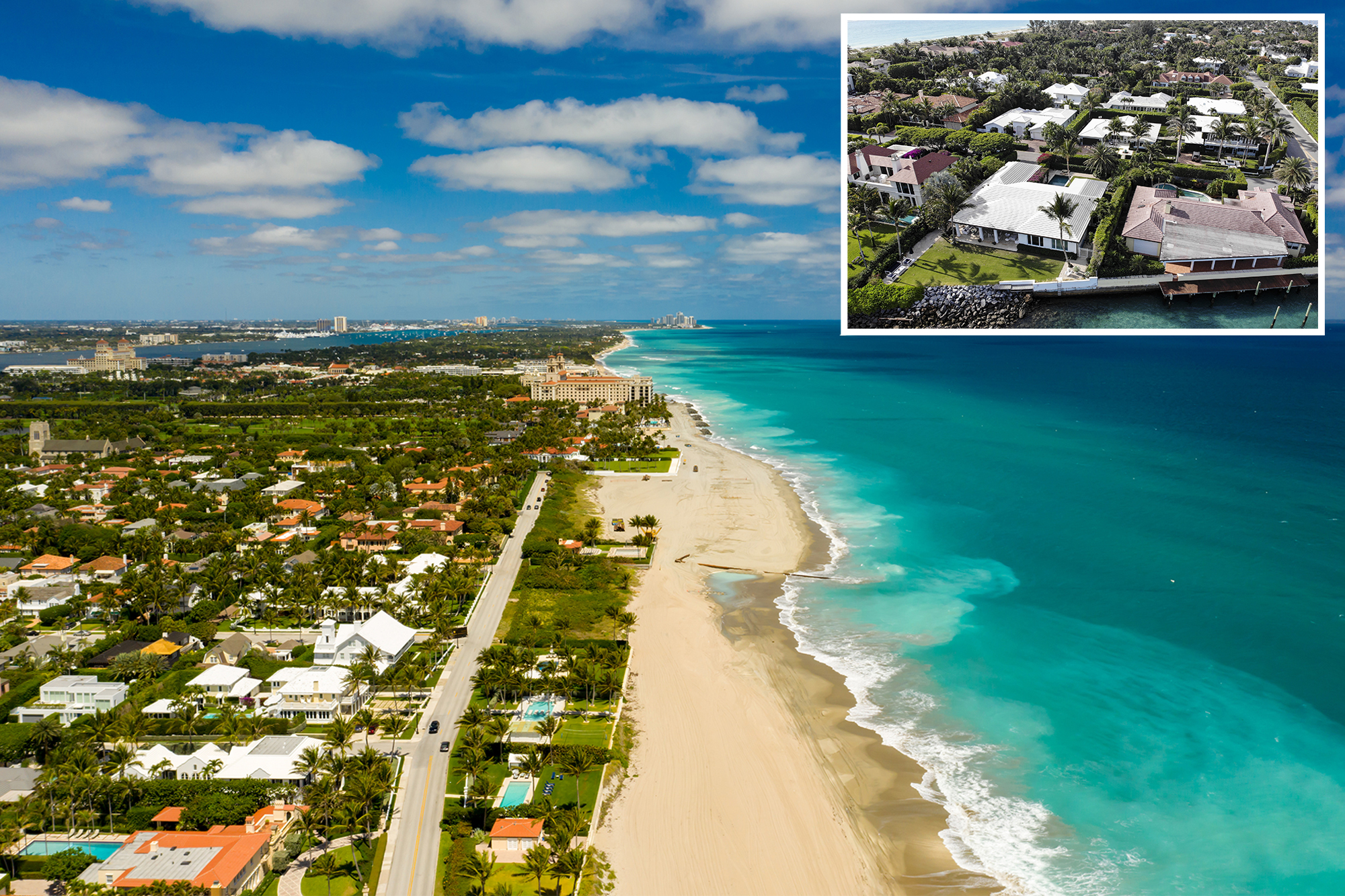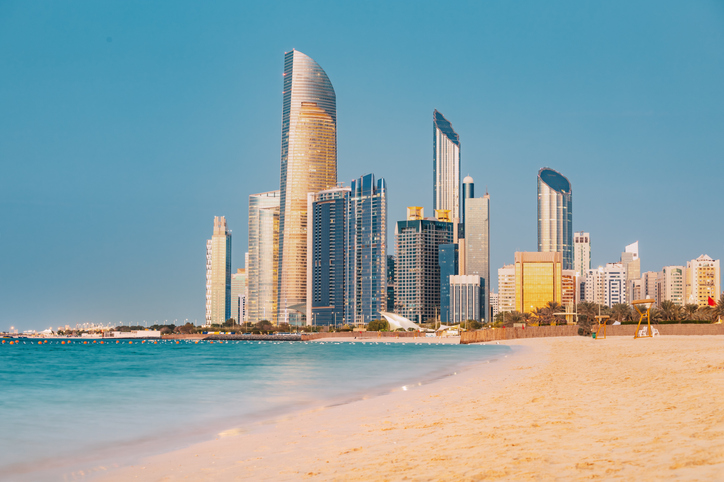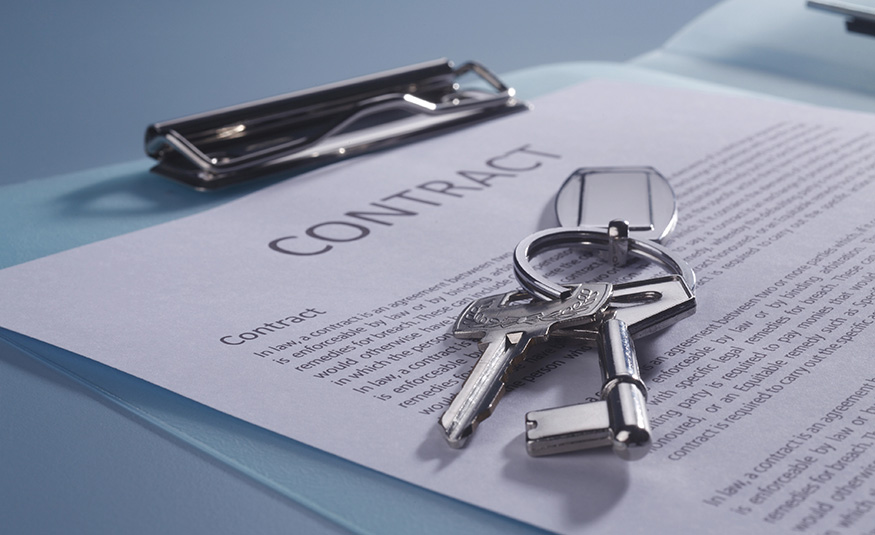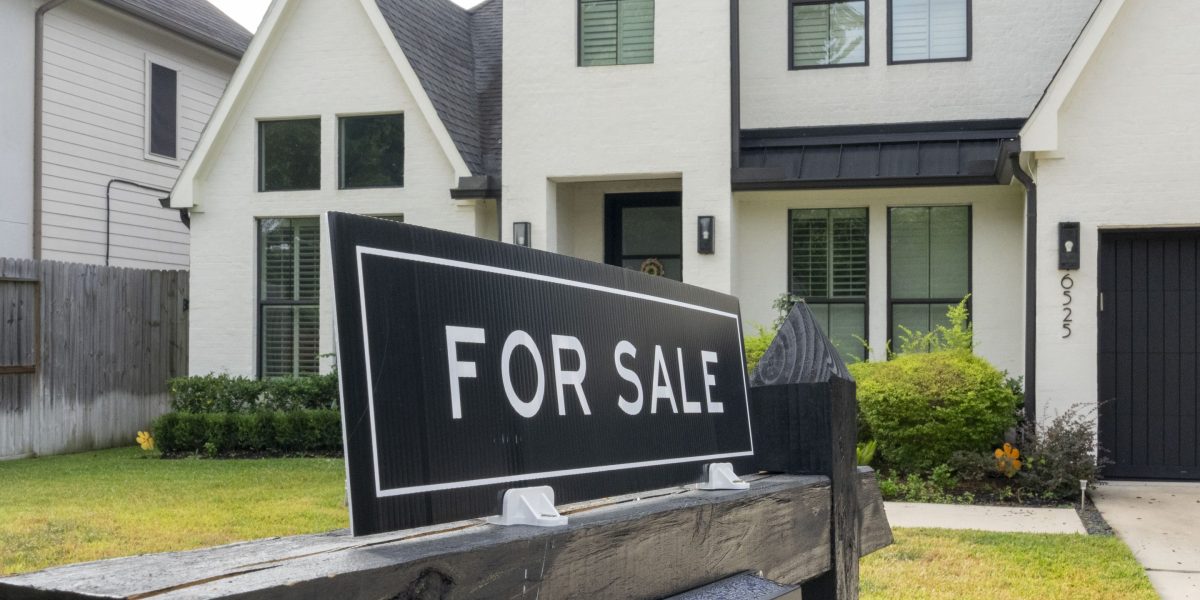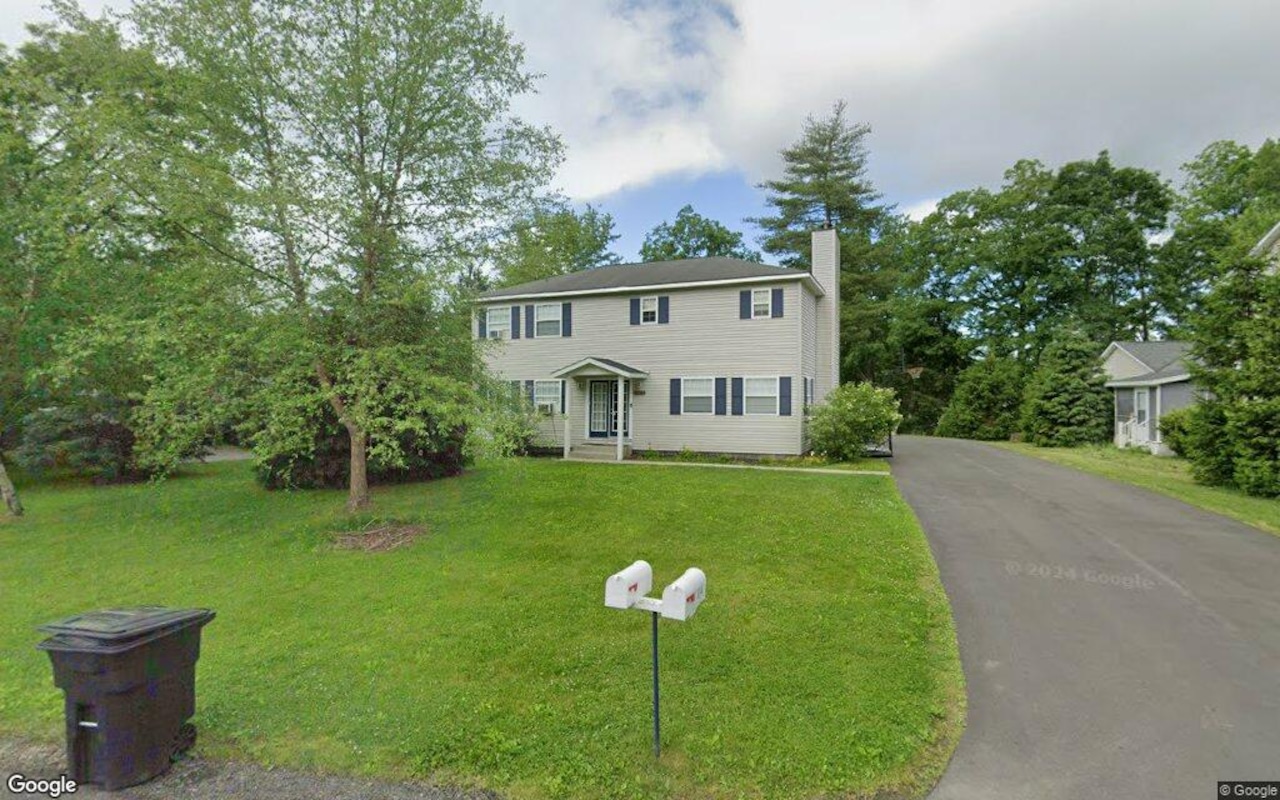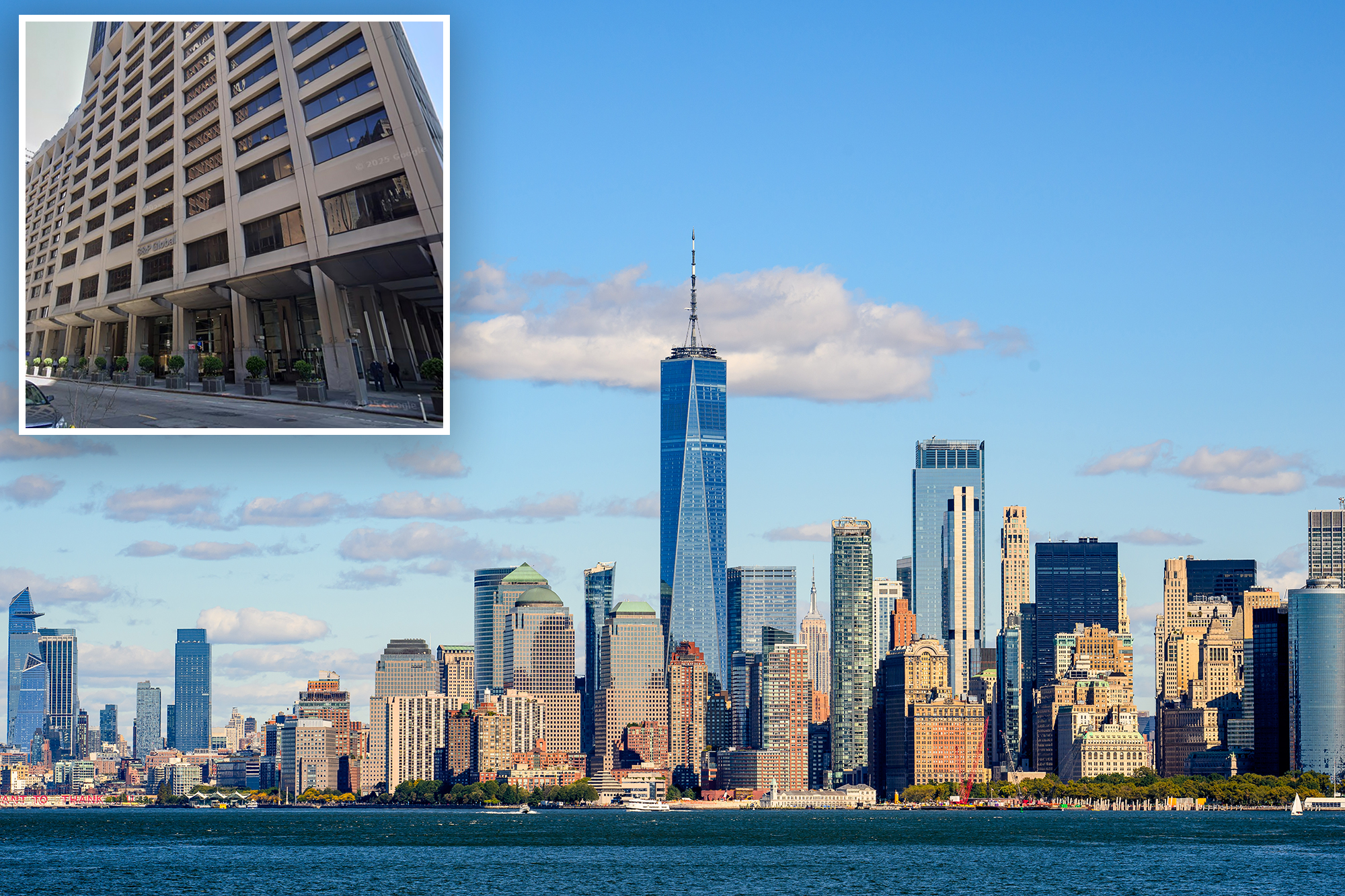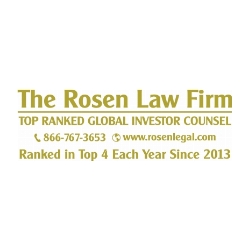P
alm Beach is defying the chill that's settling over South Florida, with a sizzling real estate market that's leaving other areas in its wake. According to Douglas Elliman data, single-family home sales on the island surged by 63.2% in the first quarter, reaching 31 transactions - a significant jump from the same period last year. The median sales price of $13.95 million also saw an 11.6% increase year-over-year.
The luxury segment, comprising the top 10% of the market, experienced its own boost, with 11 sales in the first quarter, up 22.2% from the previous year. However, this growth was largely driven by a quarter-over-quarter spike of 175%, from four closed deals in the final quarter of last year to 11 in the current period. The median sales price on the luxury end soared annually, reaching $23.75 million - a staggering 70.9% increase.
While Palm Beach is an outlier in the broader South Florida market, its sales have been building momentum since the November election. Local brokers refer to this phenomenon as the "Trump bump," citing the increased interest in luxury homes near Mar-a-Lago. In fact, the sum of listings under contract between November and December 2024 skyrocketed by over 400% year-over-year, with sales volume reaching nearly $291 million - a jaw-dropping 612% annual increase.
In contrast, West Palm Beach reflected the greater South Florida market's overall trend, with closed sales falling and inventory growing. The median sales price edged up modestly to $590,000, but the number of homes available for sale increased by 32.2%, resulting in 11.5 months of supply.
Other areas, such as Boca Raton and Fort Lauderdale, also saw sales slow and listings pile up, although prices remained resilient. Miami Beach experienced a slight increase in median price, but sales slowed by 17.1% and inventory swelled to nine months of supply.
Experts attribute the broader South Florida market's slowdown to rising insurance rates, property taxes, and condominium assessments, which have scared off potential buyers. Recent weeks have also brought concerns about the state of the world, economic situation, and mortgage rates. As Simon Isaacs, CEO and founder of Simon Isaacs Real Estate, previously noted, "They are more conscious of the state of the world, the economic situation, insurance, real estate taxes, and then mortgage rates, for sure."
